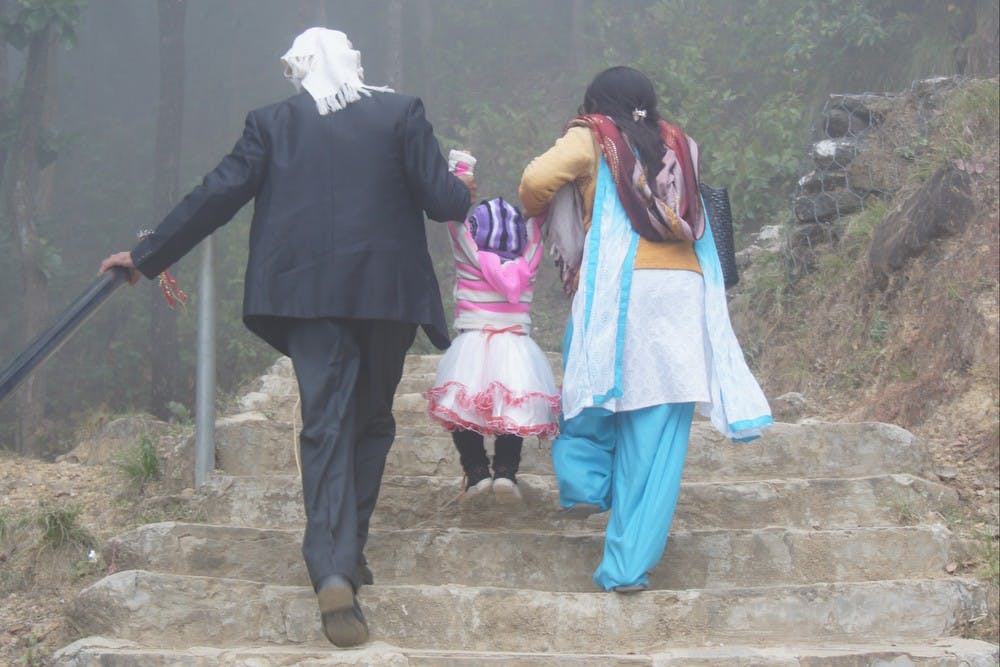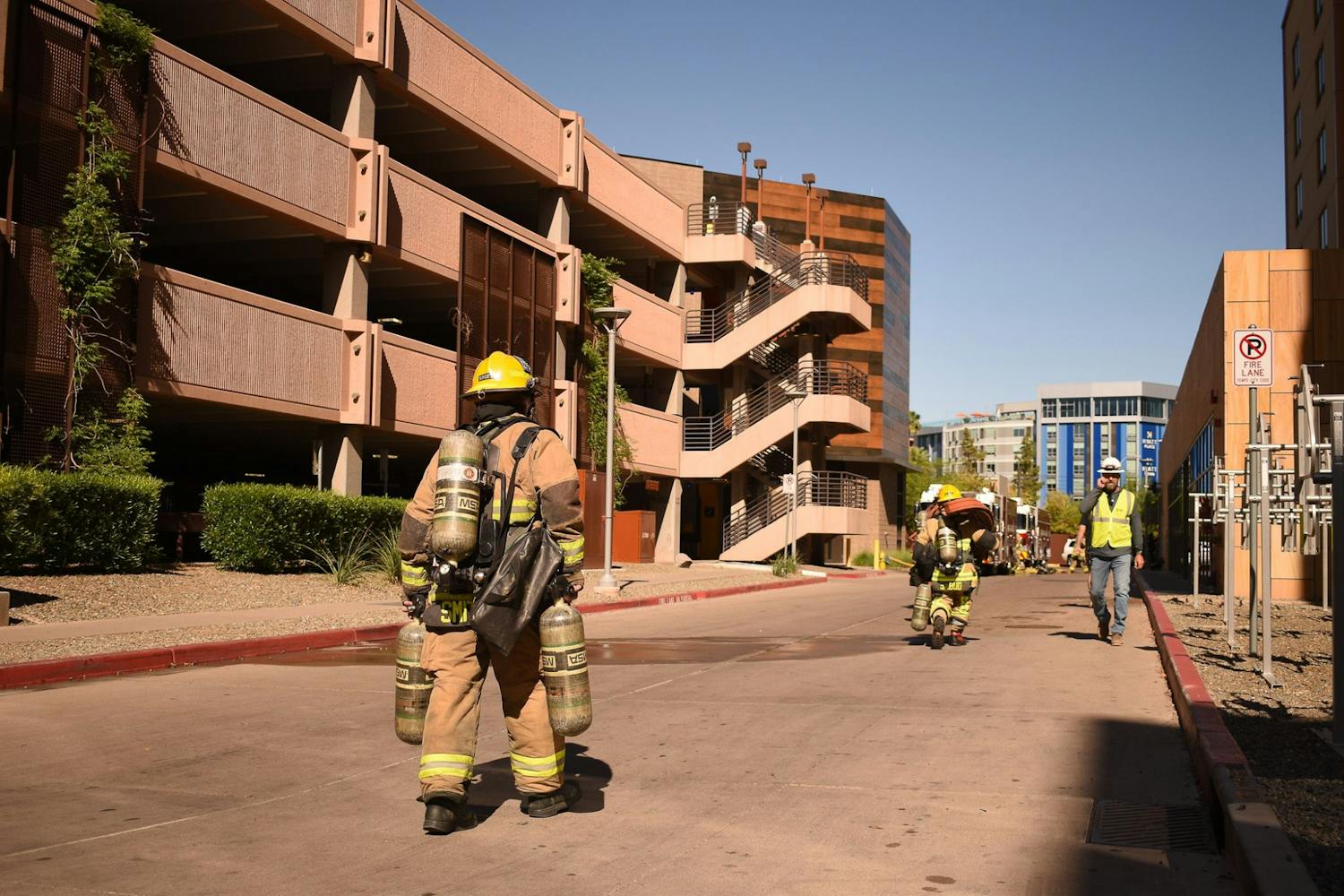The SB 1070 controversy, the pope's urges to welcome immigrants into the U.S. and Donald Trump’s ever-present immigration gaffes have made a hot topic out of immigration, but an ASU study is suggesting migration should be looked at a little more holistically.
Program Director of the Family Migration Context and Early Life Outcomes (FAMELO) project Jennifer Glick said Americans tend to think of migration in one direction.
“In the United States we tend to focus on what we’re seeing in our own communities, whether that's realistic or not,” she said.
Glick said immigration has a profound effect on those who are moving. The FAMELO project is taking a look at this effect on some of the most vulnerable members of society: children.
“We’re looking at ways migration affects children and might change their family outcome,” Glick said. “I’ve always been interested in the events that might influence children's decisions in their own paths and their own lives.”
The study will examine thousands of families affected by migration in Nepal, Mozambique and Mexico.
The first phase of the project will study the socio-economic impacts on the aspirations and educational outcomes of children who are left in their country of origin by their migrant parents. The second phase will study these children’s transition into adulthood.
These results will be gauged by carefully composed surveys developed by the FAMELO team. Native partners in each respective country will work to adapt the survey for dissemination to children and their caregivers.
“I think our findings are going to really understand how our world is changing and how the next generation is more involved in global and international environments,” Glick said. “Migration is becoming a root to upward mobility in families.”
Glick said this upward mobility is typically the reason for parents to migrate away from their children.
“They want their children to have the best opportunities possible, whether that means migrating with their children or making the very painful decision to leave their children behind,” she said.
FAMELO investigator Scott Yabiku said this kind of family separation can have an especially large impact on children.
“Adolescents and children are still developing," he said. "They’re still moving through life and getting a sense of who they are. If you’re a child or adolescent and you have one less parent around, that can really be disruptive.”
Project co-investor Natalie Wilkens said she expects the study will reveal a complex variety of long-term outcomes for the children who have been left behind.
“For instance, being left behind is expected to alter the social support and parenting children receive, as well as change their roles/responsibilities at home and their physical and monetary resources,” Wilkens wrote in an email.
The study’s findings will dictate what action will be taken after the research is completed. Wilkens said she is hopeful that the results will be harnessed to affect positive change.
“Ultimately, I hope that the results of our project will help inform policy directed at human rights and protections of children, as well as inform educational programs for families participating in migration,” she said.
Related Links:
Crow's letter to Gov. Brewer about SB 1070
Federal court rules SB 1070 provision unconstitutional
Reach the reporter at icastil3@asu.edu or follow @isabella_m_cast on twitter
Like The State Press on Facebook and follow @statepress on Twitter




